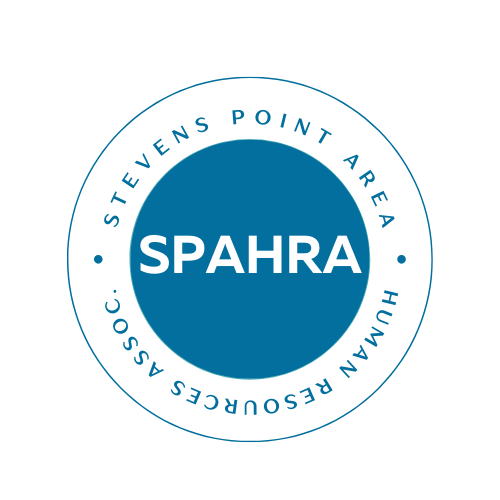Authored by Dean R. Dietrich
A number of questions have been raised about the ongoing right of an employer to question the medical condition of an employee who may call-in sick or exhibit some of the characteristics of the Coronavirus infection. The Equal Employment Opportunity Commission (EEOC) issued some Technical Assistance guidance last Friday that helps employers understand their rights and limitations.
Under the new Technical Assistance, the EEOC gave broad direction to employers:
- Employers can inquire about potential symptoms of the Coronavirus infection when an employee calls in and indicates that the employee cannot report to work due to sickness. The inquiry should be focused on the traditional symptoms identified for this condition, being fever, chills, cough, shortness of breath, or sore throat. Local state Health Departments may identify additional symptoms that can be inquired about.
- Employers can check each employee for a fever when the employee reports to work. This is considered a medical examination under the Americans with Disabilities Act; however, the potential of community spread of the virus will allow employers to exercise additional flexibility in testing for a fever before an employee is allowed into work.
- Employers can disclose the name of an employee that has been diagnosed with the COVID-19 virus in situations where the employer needs to document or verify others who may have been in contact with the employee.
- Employers can screen an employee after making an offer of employment, including taking the temperature of a prospective employee before the employee is allowed to report to work.
- An employer can delay the start date for a new employee who is exhibiting symptoms of the COVID-19 virus and even withdraw an offer of employment if the employer needs the prospective employee to start work immediately.
- An employer may not discriminate against an applicant for employment who is age 65 or older or pregnant just because the prospective employee would be considered at greater risk for infection and have greater risk of lethal symptoms of the virus.
- Employers must remain sensitive to requests for accommodation from an employee that has underlying disabling conditions to address potential risk of COVID-19 infection; however, the standard of undue hardship still remains in effect and is still part of the deliberations regarding a potential accommodation for an employee.
- Employers must still engage in the interactive process and request information from employees who are seeking an accommodation for working conditions due to the COVID-19 virus. Employers may take steps to provide a temporary accommodation for an employee who is concerned about reporting to work due to potential virus exposure but again, the undue hardship standard will apply.
The Technical Assistance from the EEOC can be found on the EEOC website. It is important to recognize that employers have the right to make further medical inquiries in order to address potential circumstances where the virus could cause further contamination in the workplace.
If you have further questions or need clarification, please contact Dean Dietrich of Dietrich VanderWaal at (715) 574-4747.
